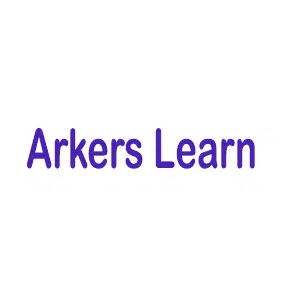
Maximizing Learning Outcomes: A Comprehensive Guide
Introduction:
Learning is a lifelong journey, and the quest for knowledge is a dynamic process that requires effective strategies to yield the best outcomes. Whether you are a student, a professional, or someone pursuing personal development, optimizing your learning experience is key to success. This article will explore various strategies to help you achieve the best learning outcomes.
- Set Clear Goals:
Define your learning objectives clearly. Whether it’s mastering a new skill, gaining expertise in a subject, or simply broadening your knowledge, having well-defined goals provides direction and motivation.
- Create a Structured Plan:
Develop a well-organized study plan or curriculum. Break down the learning material into manageable chunks and allocate specific time slots for studying. A structured plan helps maintain consistency and prevents procrastination.
- Active Learning Techniques:
Engage in active learning methods such as discussions, problem-solving, and hands-on activities. Active learning promotes better understanding and retention of information compared to passive learning methods like reading or listening.
- Utilize Multiple Resources:
Diversify your learning sources. Combine textbooks, online courses, videos, and interactive content to enhance your understanding. Different formats cater to various learning styles, ensuring a more comprehensive grasp of the material.
- Practice Regularly:
Repetition is key to mastering any skill or subject. Regular practice solidifies your understanding and helps commit information to long-term memory. Apply what you’ve learned through exercises, projects, or real-life scenarios.
- Seek Feedback:
Feedback is a valuable tool for improvement. Whether from peers, instructors, or mentors, constructive criticism provides insights into areas where you can enhance your understanding or skills. Be open to feedback and use it to refine your learning process.
- Embrace Technology:
Leverage technology to your advantage. Educational apps, online platforms, and interactive tools can make the learning process more engaging and effective. Stay updated on the latest advancements in educational technology.
- Join Study Groups:
Collaborate with peers through study groups. Group discussions can offer different perspectives, enhance your critical thinking skills, and provide valuable insights. Teaching others within the group can deepen your own understanding of the material.
- Stay Consistent:
Consistency is crucial for effective learning. Establish a routine that aligns with your schedule and commit to it. Small, regular study sessions are often more effective than sporadic, intensive cramming.
- Take Breaks and Rest:
Your brain needs time to process and consolidate information. Taking breaks during study sessions and ensuring adequate sleep are essential for optimal cognitive functioning. Overworking can lead to burnout and hinder learning outcomes.
- Reflect on Your Learning:
Regularly reflect on your learning journey. Consider what strategies are working well and where improvements can be made. Adjust your approach based on your reflections to continually optimize your learning process.
Conclusion:
Achieving the best learning outcomes requires a combination of strategic planning, active engagement, and continuous improvement. By setting clear goals, embracing various learning methods, seeking feedback, and staying consistent, you can enhance your learning experience and achieve lasting success in your educational pursuits. Remember that learning is a lifelong endeavor, and the journey is just as important as the destination.



